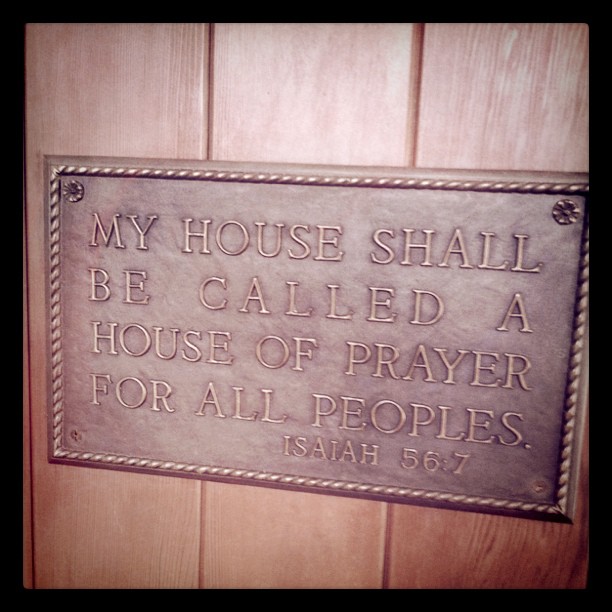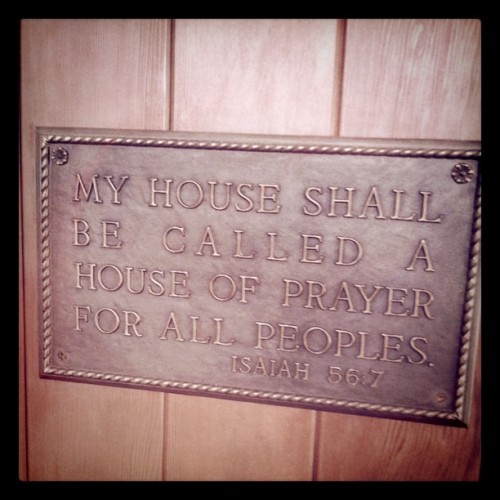William Graham Tullian Tchividjian writes:
America’s churches came back into the media limelight a few weeks ago after a well-publicized Pew study showed a meteoric rise of Americans claiming no religious affiliation, shooting up from seven percent in 1990 to 16 percent in 2010. The percentage more than doubled for those under the age of 30, reaching almost 35 percent. The group is now being referred to as “the religious nones.â€
He points to a great article by Rachel Held Evans that what millennials really want from church is a change in substance.
He continues:
As someone who loves the church, I am saddened by the perception of Christianity as a vehicle of moral control and good behavior, rather than a haven for the discouraged and dying. It is high time for the church to remind our broken and burned out world that the Gospel of Jesus Christ is a one-way declaration that because Jesus was strong for you, you’re free to be weak; because Jesus won for you, you’re free to lose; because Jesus succeeded for you, you’re free to fail.
Grace and rest and absolution – with no new strings or anxieties attached–now that would be a change in substance.
How freeing would that be for you to receive today?
And do you agree – is this message missing from today’s churches?




